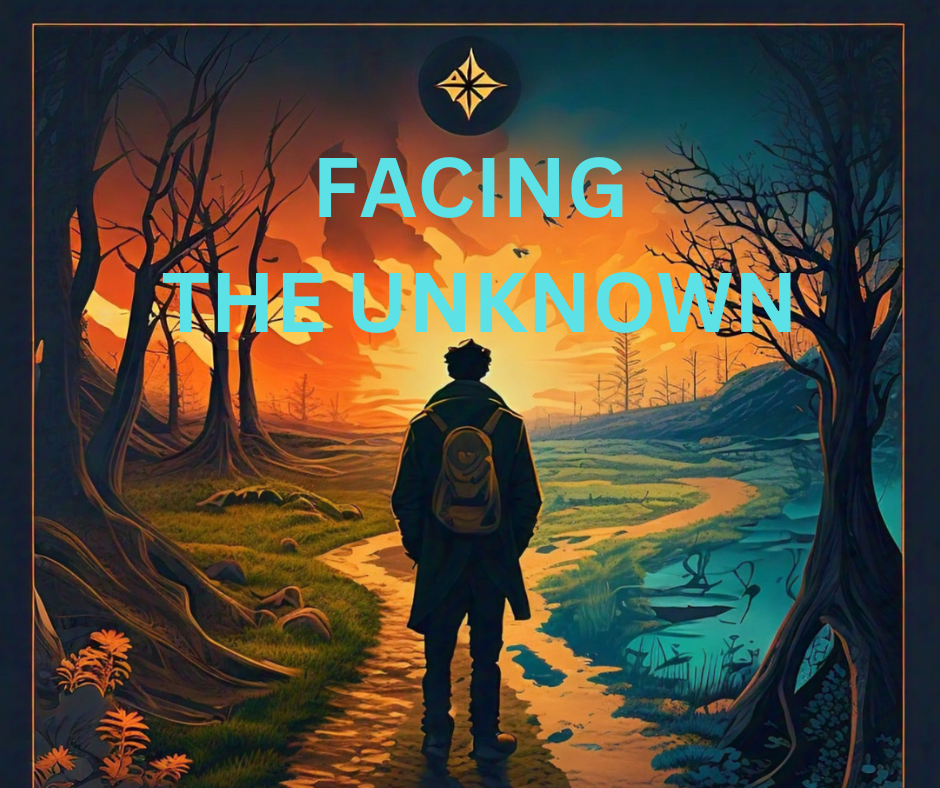
In the pursuit of a fulfilling life, comfort and safety can sometimes become barriers to growth. The familiar routines and predictable paths often provide a sense of security, but they may also hinder personal and professional development. Embracing risk and stepping out of one’s comfort zone can be transformative, leading to a more meaningful and rewarding life.

Understanding the Cost of Staying Stagnant
When individuals choose to remain in their comfort zones, they may experience a temporary sense of security, but this often comes at a cost. Stagnation can lead to dissatisfaction, frustration, and a sense of unfulfilled potential. The fear of the unknown often keeps people from pursuing new opportunities or making significant changes, despite the potential benefits. Recognizing this cost is the first step in understanding why embracing risk is essential for personal growth.
The Importance of Pursuing Meaningful Change
Meaningful change involves stepping away from familiar patterns and embracing new challenges. This can be daunting, as it requires confronting uncertainty and the possibility of failure. However, the pursuit of meaningful change often leads to significant personal and professional growth. By venturing into the unknown, individuals can discover new strengths, skills, and passions that were previously untapped.
Strategies for Embracing Risk
- Assessing Personal Goals: Before embarking on a new path, it is crucial to have a clear understanding of one’s goals and aspirations. This clarity can provide motivation and direction when facing the unknown.
- Setting Incremental Goals: Instead of making drastic changes, setting smaller, incremental goals can make the process of embracing risk more manageable. Each step forward builds confidence and helps in navigating larger challenges.
- Seeking Support and Mentorship: Having a support system or mentor can provide guidance and encouragement when facing uncertainty. They can offer valuable insights and help in developing strategies to overcome obstacles.
- Developing Resilience: Building resilience is essential when taking risks. This involves cultivating a mindset that views challenges as opportunities for growth rather than threats. Resilience helps individuals adapt and recover from setbacks.
- Embracing a Learning Mindset: Viewing new experiences as opportunities to learn rather than as potential failures can shift the focus from fear to growth. This mindset encourages exploration and experimentation.
The Rewards of Facing the Unknown
While facing the unknown can be challenging, the rewards are often substantial. Embracing risk can lead to increased personal satisfaction, a sense of accomplishment, and the discovery of new passions and capabilities. It can also open doors to new opportunities and career advancements that would have remained inaccessible otherwise.
Personal and professional growth often requires stepping outside of familiar boundaries and taking calculated risks. By confronting the unknown with a positive and proactive mindset, individuals can unlock their full potential and achieve a more fulfilling and purposeful life.
Conclusion
Facing the unknown is not without its challenges, but it is a crucial component of personal and professional development. By understanding the cost of staying stagnant, embracing meaningful change, and employing strategies to manage risk, individuals can transform their lives and achieve greater fulfillment. The journey into the unknown may be daunting, but it is also an opportunity to grow, discover, and thrive.


